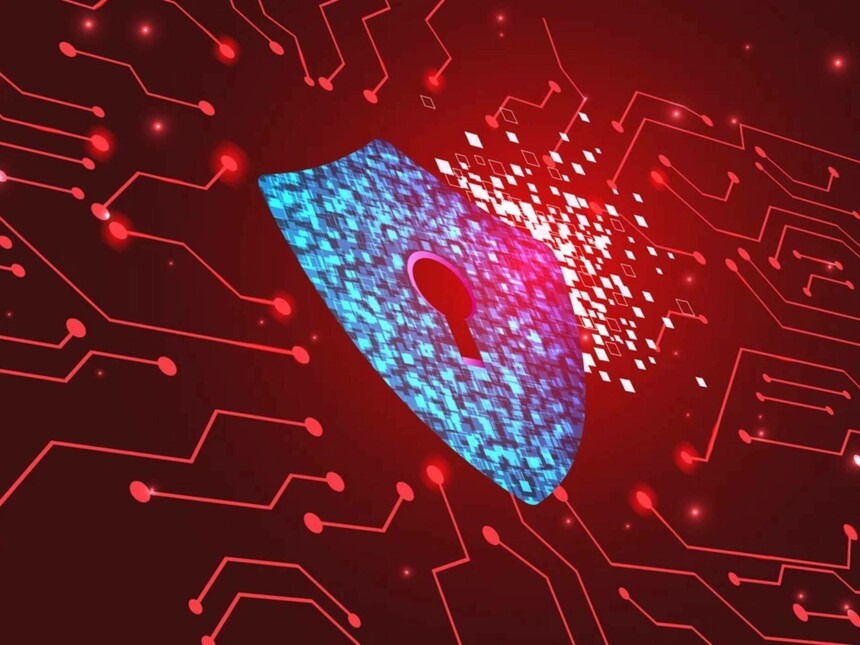The world of computing is on the cusp of a groundbreaking transformation with the advent of quantum computing. As we stand at the threshold of this quantum era, it’s imperative to understand the implications of quantum computing on cybersecurity and data science. In this expert article, we’ll delve into the world of quantum computing, its fundamental principles, and how it’s set to reshape the landscape of cybersecurity and data science.
The Quantum Revolution
Quantum computing is a paradigm shift in computation, harnessing the principles of quantum mechanics to perform operations that classical computers can’t. Unlike classical bits that can represent either 0 or 1, quantum bits or qubits can exist in multiple states simultaneously, thanks to phenomena like superposition and entanglement.
Quantum Supremacy
Quantum supremacy, a term coined by Google in 2019, refers to the point at which a quantum computer can perform tasks that are practically impossible for classical computers to emulate. Google’s quantum computer, Sycamore, reportedly achieved this milestone by solving a problem in 200 seconds that would take the world’s most powerful supercomputer thousands of years to solve.
Implications for Cryptography
One of the most significant implications of quantum computing is its impact on cryptography. Many of the encryption methods that secure our digital world today will become vulnerable to quantum attacks. For example, RSA and ECC encryption rely on the difficulty of factoring large numbers, a problem that quantum computers can solve exponentially faster.
Post-Quantum Cryptography
The urgency to prepare for the post-quantum era has led to the development of post-quantum cryptography, which aims to create encryption algorithms that are quantum-resistant. These cryptographic techniques are designed to withstand quantum attacks and ensure data security in the quantum age.
Quantum Key Distribution (QKD)
QKD is a quantum-safe method of securing communication channels. It uses the principles of quantum mechanics to enable two parties to generate a secret encryption key that is practically invulnerable to eavesdropping, even by quantum computers.
Applications in Data Science
Quantum computing offers unprecedented capabilities in data science, with the potential to revolutionize fields like optimization, machine learning, and drug discovery. Quantum algorithms can solve complex optimization problems significantly faster, opening up new avenues for research and development.
Challenges and Limitations
While quantum computing holds immense promise, it also faces significant challenges, such as error correction, hardware stability, and scalability. Building practical and error-resistant quantum computers remains a formidable task.
The Path Forward
The development and integration of quantum computing into cybersecurity and data science are ongoing efforts. Collaboration between academia, industry, and government agencies is crucial to harness the potential of quantum computing while addressing the associated challenges.
Conclusion: Embracing the Quantum Era
The advent of quantum computing heralds a new era in computing, with transformative implications for cybersecurity and data science. Preparing for this quantum revolution is not an option but a necessity to safeguard data and leverage the immense potential of quantum computing in the data-driven world.

